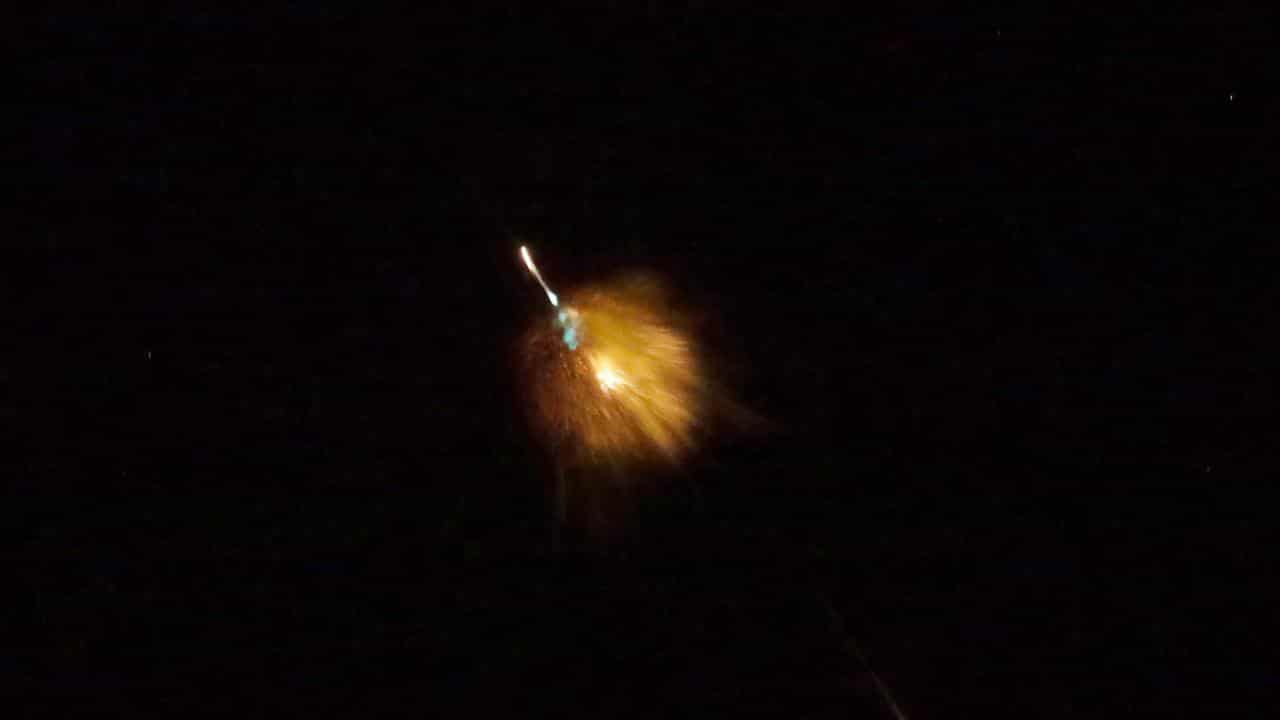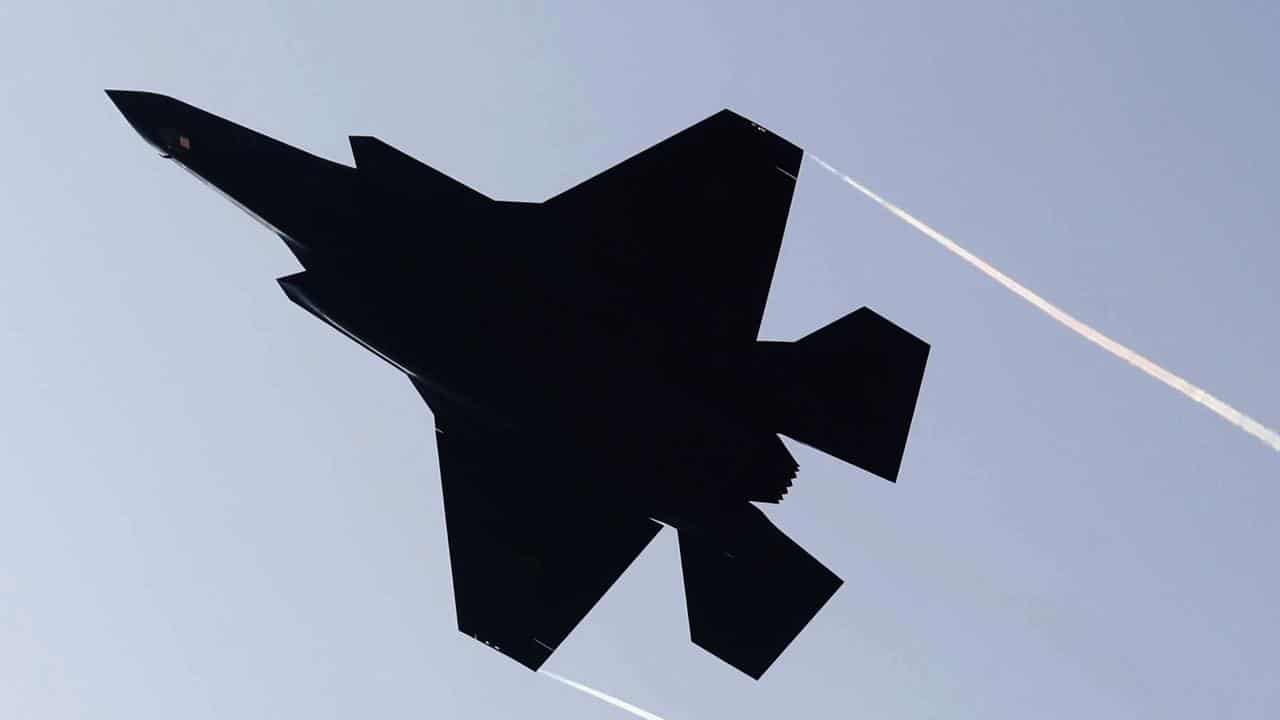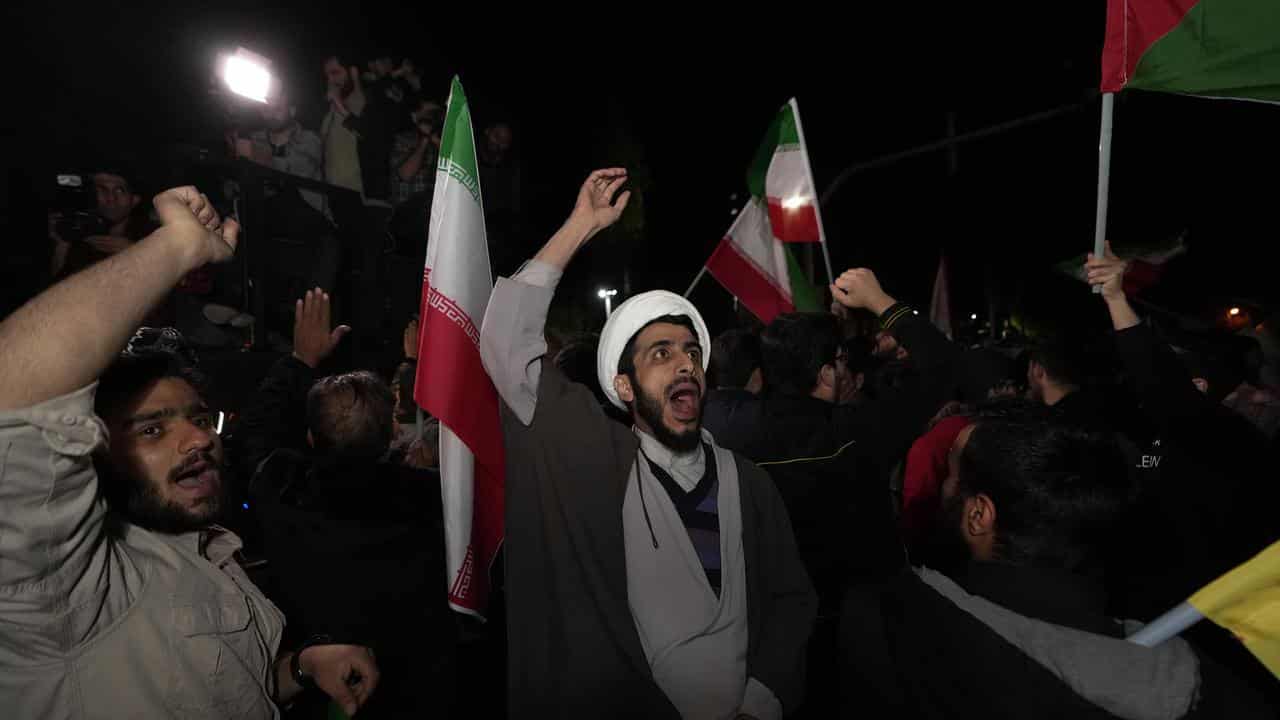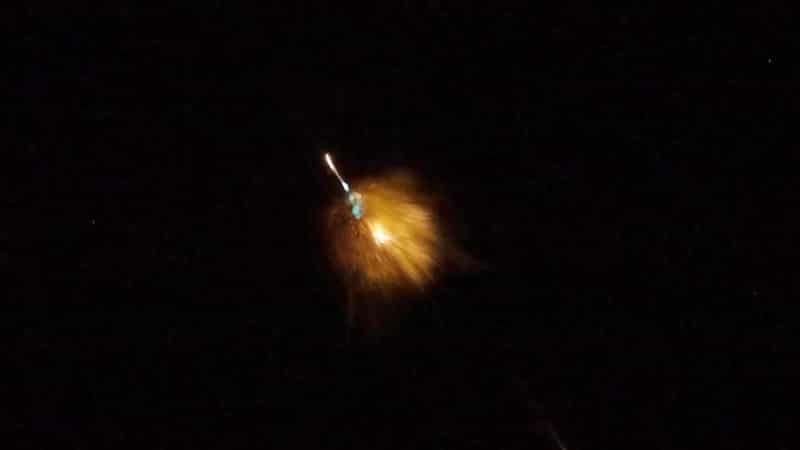
President Joe Biden has warned Prime Minister Benjamin Netanyahu the United States will not take part in a counter-offensive against Iran, an option Netanyahu's war cabinet favours after a mass drone and missile attack on Israeli territory, according to officials.
The threat of open warfare erupting between the arch Middle East foes and dragging in the US put the region on edge, triggering calls for restraint from global powers and Arab nations to avoid further escalation.
"The Middle East is on the brink. The people of the region are confronting a real danger of a devastating full-scale conflict. Now is the time to defuse and de-escalate," United Nations Secretary-General Antonio Guterres told a Security Council meeting called on Sunday in response to the strikes.

Deputy US Ambassador to the UN Robert Wood called on the council to unequivocally condemn Iran's attack, as he said Washington would explore additional, unspecified measures at the United Nations to hold Iran accountable and warned against further aggression.
"Let me be clear: if Iran or its proxies take actions against the United States or further action against Israel, Iran will be held responsible," he said.
US Defence Secretary Lloyd Austin said that while the US does not seek escalation, it will continue to take all necessary action to defend Israel and US personnel, a Pentagon spokesperson said.
Israeli officials said Netanyahu's five-member war cabinet favoured retaliation in a meeting on Sunday, although the panel was divided over the timing and scale of any such response.
Iran launched the attack over a suspected Israeli strike on its embassy compound in Syria on April 1 that killed top Revolutionary Guards commanders and followed months of clashes between Israel and Iran's regional allies, triggered by the war in Gaza.
However, the attack by more than 300 missiles and drones caused only modest damage in Israel. Most were shot down by Israel's Iron Dome defence system and with help from the US, Britain, France and Jordan.

Israel remained on high alert, but authorities lifted some emergency measures that had included a ban on some school activities and caps on large gatherings.
Drone and missile interceptions cost around 4.5 billion shekels ($1.2 billion), according to Israel's Channel 13 News, which said Washington funded some of the cost.
Iranian army chief of staff Major General Mohammad Bagheri said on television, "Our response will be much larger than tonight's military action if Israel retaliates against Iran," and told Washington that its bases could also be attacked if it helped Israel retaliate.
Iranian Foreign Minister Hossein Amirabdollahian said Tehran had informed the United States its attack on Israel would be limited and for self-defence and that regional neighbours had been informed of its planned strikes 72 hours in advance.
A Turkish diplomatic source said Iran had informed Turkey in advance.
Iran said the attack was aimed at punishing "Israeli crimes," but it now "deemed the matter concluded."
The leaders of the Group of 7 nations condemned Iran's attack and said they would work to stabilise the situation, warning in a statement that Tehran risked "an uncontrollable regional escalation."

Russia, China, France and Germany, as well as Arab states Egypt, Qatar, Turkey and the United Arab Emirates, urged restraint, and the UN Security Council was set to meet later on Sunday local time.
The leaders of the Group of 7 nations condemned Iran's attack and said they would work to stabilise the situation, warning Tehran risked "an uncontrollable regional escalation."

Analysts debated whether Iran's attack was calibrated to cause genuine devastation in Israel, or to save face at home after vows of revenge while avoiding a major new war.
The war in Gaza, which Israel invaded after an attack by Iran-backed Hamas on October 7, has spread to fronts with Iran-aligned groups in Lebanon, Syria, Yemen and Iraq.
Netanyahu has long advocated a tough military line against Iran, pushing Washington for harder action over Tehran's nuclear program and its backing for militant groups in the region.
In Israel, although there was alarm at the first direct attack from another country in more than three decades, the mood contrasted with the trauma after the Hamas-led attack on October 7.









